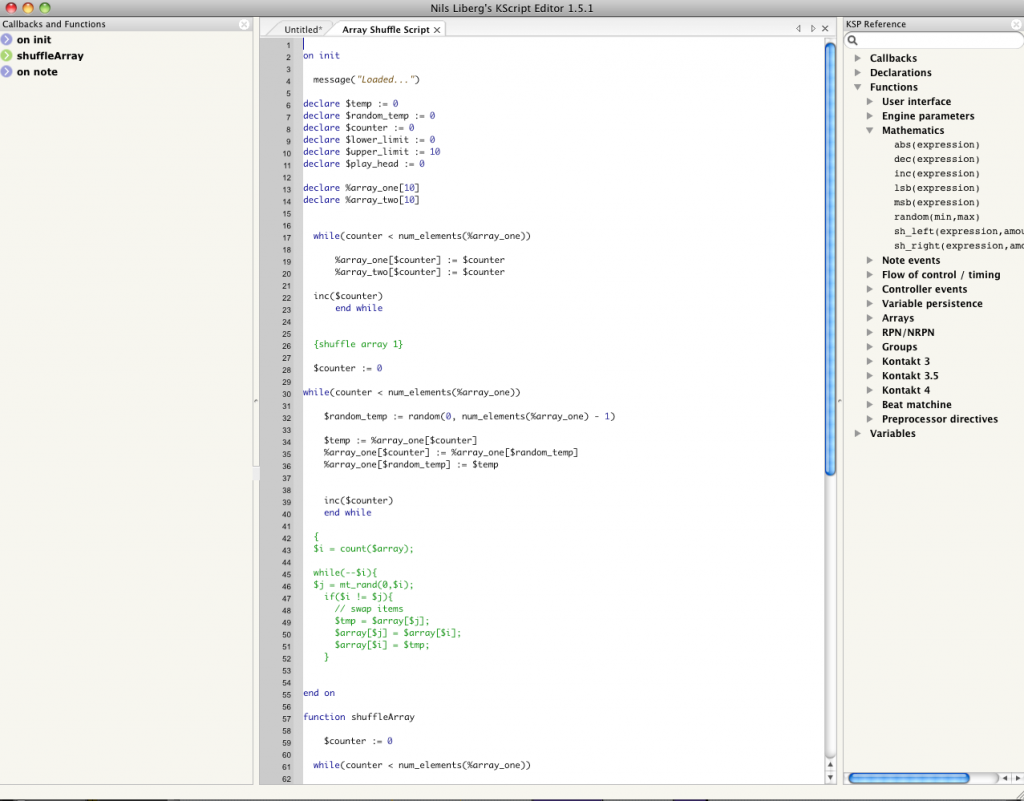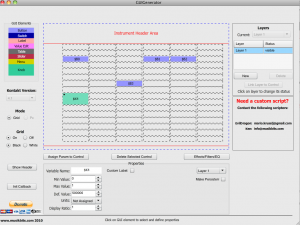I’ve been pretty crazy busy the last couple of months trying to juggle assignments, studying for exams, a bunch of sound projects, upgrading my apps for ios 6, developing some new app ideas, work, life etc
I haven’t had much time to update my blog as of late but there are a few projects I have worked on lately through Risk Sound that I thought were worth a mention.
I worked on Australian and American soundtracks for Movember’s 2012 campaign with the awesome crew from Urchin. This included TV, Radio and Web based commercials. This involved voice direction, editing and mixing and mastering. It was also fantastic to be able to work with the very talented Tyler Coppin who was very generous with his time.
I also worked on the Movember GAP initiative soundtracks for the UK, US and Australia
For more info check out Movember
I also worked on the TVC for Steps for Independence Day which is a charity aiming to raise funds and awareness for people with spinal cord injury. The was no location sound supplied for this one so I had to do all foley, atmos and sfx as well as the mix.
http://www.stepsforindependence.com.au

 Follow
Follow

